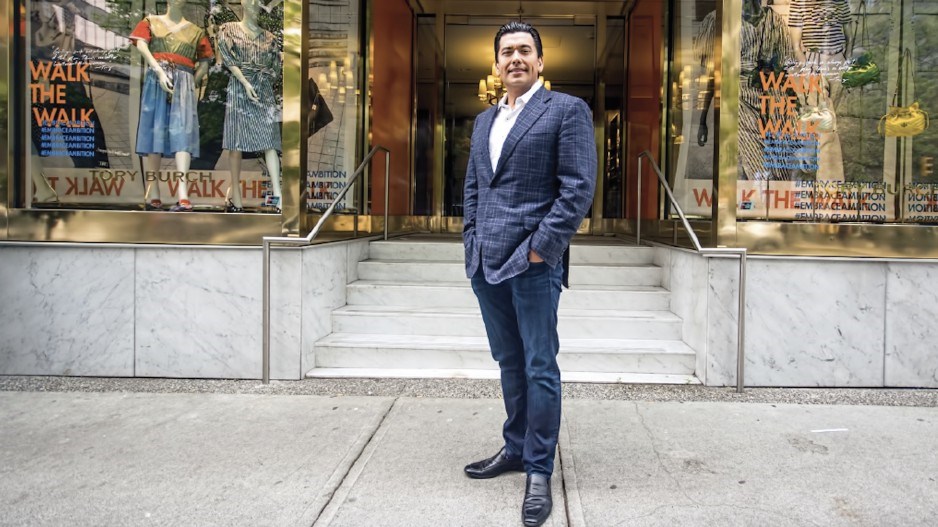Commercial tenants are expected to have a stronger hand when dealing with landlords after fashion retailers and malls reopen following closures aimed at slowing the spread of COVID-19.
Industry observers foresee a spate of permanent closures as retailers unable to finance the shutdown declare bankruptcy.
Evidence of financial strife in the retail sector is clear. About 75% of retailers failed to pay rent in April, JLL Canada executive vice-president and head of retail Tim Sanderson told Business in Vancouver.
He added that he bases that estimate on discussions with landlords such as Cadillac Fairview.
Sanderson expects up to 20% of fashion retailer tenants won’t reopen, prompting excess space in malls.
“It’s a supply and demand game,” he said.
“When supply increases and demand decreases – and we’re going to see both – terms are going to have to be more favourable to those leasing space, so rates are going to have to drop.”
Retail analyst and DIG360 owner David Gray agreed, although he sees vacancies being far more widespread – up to 50% in some malls or shopping districts.
Gray said lease rates will also fall because global retailers that had been eyeing Vancouver as a place to expand will put those plans on pause.
“Think of it in reverse, with a Canadian brand,” he said.
“Are they going to be rushing into China any time soon? I’m not saying they won’t go eventually, but there will be a chill effect on globalization for a little while.”
Gray said global retailers ready to step in to lease space were driving high rents in Canadian shopping centres up until the end of February.
“The ability for the landlord to dictate the terms and say, ‘Take it or leave it’ are ending,” Gray said.
CBRE executive vice-president Mario Negris also foresees some reduced rents, but he said that it is too early to quantify the extent of those discounts or how many retailers will become insolvent because he does not know how long the closures will last.
“It is almost impossible to predict how many of the boarded up stores will reopen when we get the go-ahead to relax the social distancing measures and reopen the economy," he said.
"Obviously, more failures and vacancies translate into downward pressure on rents.”
Negris added that having more supply could even be a good thing.
Before the pandemic struck, Negris’ biggest challenge was not having enough supply to offer clients. More supply could therefore potentially help him get more deals done.
He also disagreed with Gray about international retailers putting expansion on hold post-pandemic.
“It is too early to try to get into the mindsets of the global retailers,” Negris said.
“Many are on survival mode and trying to modify their business models as the way retailers do business will be different when we finally get back to work. I doubt this will result in regionalization of retailing, as fashion trends have become universal relative to the past when trends differed regionally. It is doubtful this will change, and we will see a continued expansion of brands globally.”
Many of Negris’ clients have leased space on Vancouver’s upscale Alberni Street, and while he still foresees demand for that strip, others agree with Gray that vacancies will abound.
“Luxury sales and tourism are tied together,” said Retail Insider Media owner Craig Patterson.
“People just are not going to travel like they did before. •
Read more from Business In Vancouver



